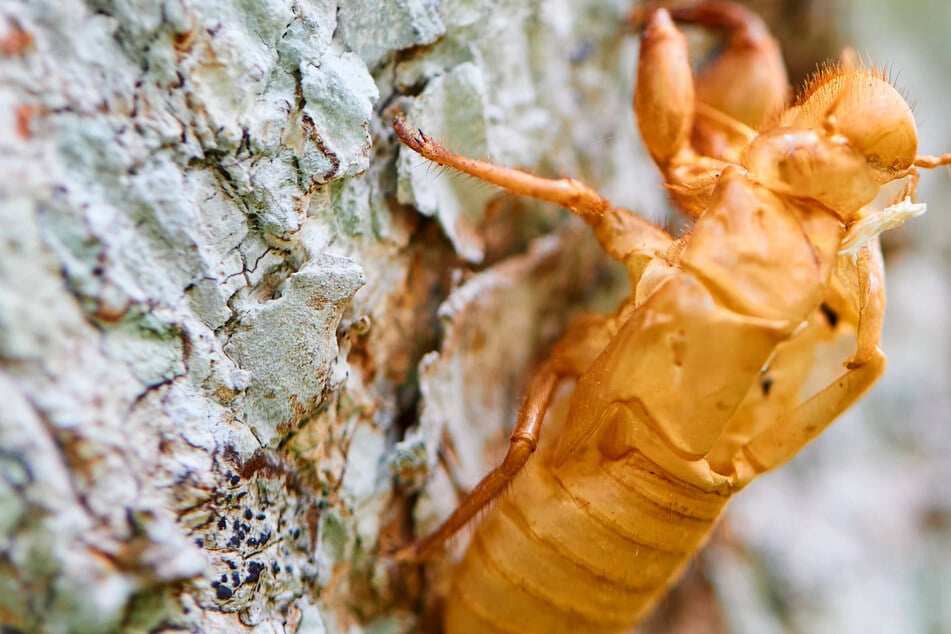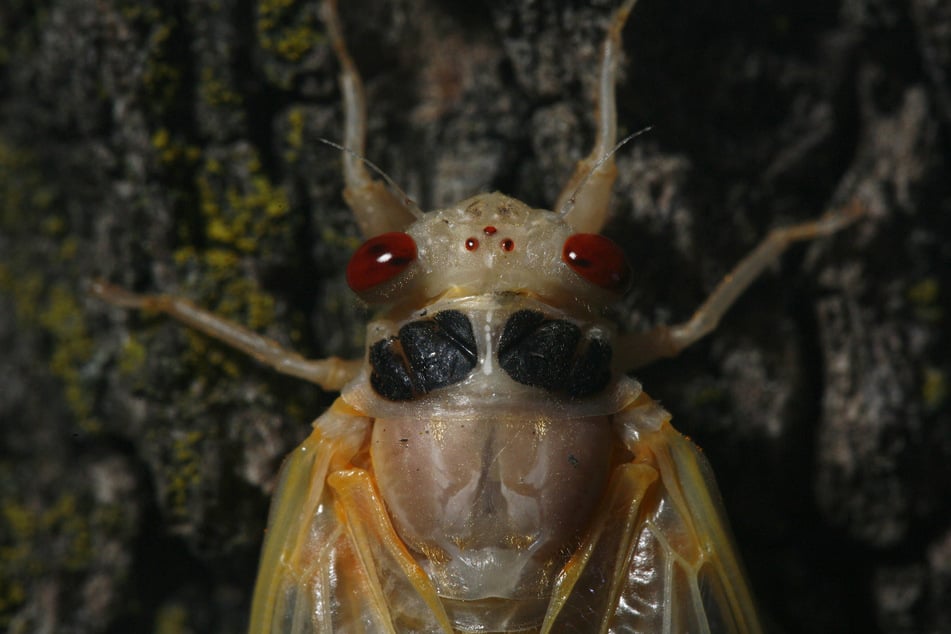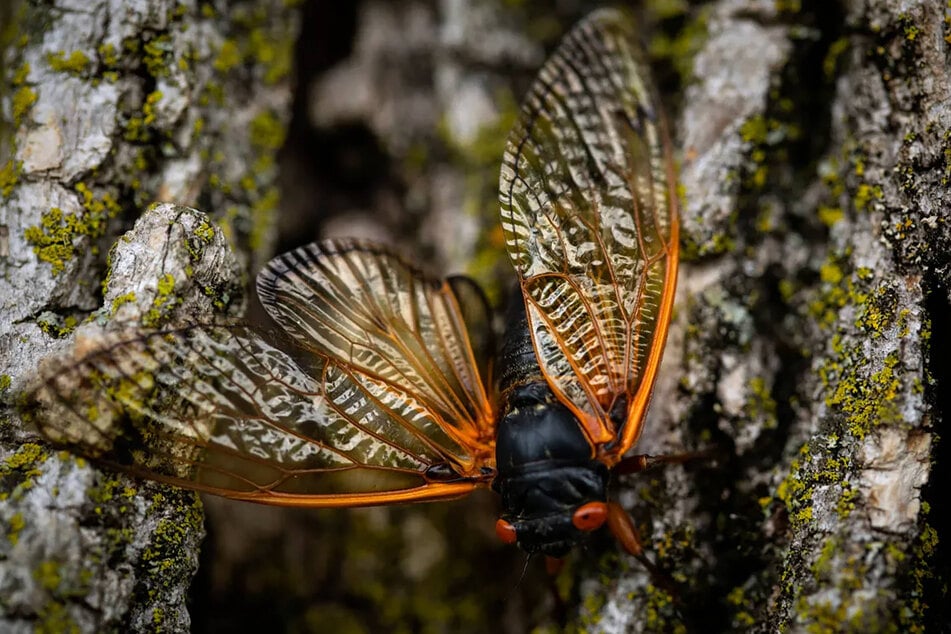"Cicada-geddon" is coming: Spring 2024 to welcome trillions of bugs!
Trillions of loud, red-eyed bugs are about to emerge in numbers not seen in centuries! Two periodic cicada broods will emerge and sing their hearts out this spring. Get ready for "cicada-geddon!"

This spring, two broods of periodic cicadas will climb out of the earth and burst into ear-drum rattling mating songs.
University of Connecticut cicada expert John Cooley dubbed this special event "cicada-geddon," per the Associated Press.
The last time these two groups of buzzers, Brood XIX and Brood XIII, emerged at the same time was in 1803 – when Thomas Jefferson was president.
Entomologists say that the number of cicadas out and about in 2024 will be astounding.
There will be hundreds of trillions of bugs. Scientists say, on average, there will be around 1 million per acre across 16 states.
2024 dual cicada brood emergence will be a rare event

This 2024 dual emergence is an "extremely rare, once-in-a-lifetime event," as Floyd Shockley, an entomologist and the collections' manager for the National Museum of Natural History, told NPR.
You can even track the cicadas with an app, Cicada Safari, created by Mount St. Joseph University biologist Gene Kritsky.
Brood XIX, which comes out every 13 years, is also known as the Great Southern Brood. It will bore out of the ground in the southeastern US, with many emerging in Georgia.
This brood has the largest geographical range in the US and is also found in Missouri and Illinois. These big bugs will pop out towards the end of April or as soon as the temperature rises to around 64 degrees.
Then, in mid-May, their cousins, Brood XIII, or the Northern Illinois Brood, will begin to crawl out of their boreholes in Illinois after 17 years underground. This brood is concentrated in Illinois, Wisconsin, Indiana, and Michigan.
While these large bugs are easily confused with locusts, they aren't nearly as destructive.
Cicadas may be loud, but they aren't destructive

Cicadas are more of an annoyance than a destructive force. Though this year, the sheer amount of bugs that emerge this year could be shocking, especially as they shed their exoskeletons.
Still, they are harmless to humans and pets. They don't bite or sting, and you and your pets can eat them. There's even a cicada cookbook!
Adult male cicadas sing to attract females, and they don't care about their neighbors. Their song can get up to a whopping 110-decibel range!
"It'd be like putting your head next to a jet. It is painful," Cooley said.
Once courtship is successful, the female lays her eggs, and the pair dies. Their eggs fall to the ground and return to the ground for another 13 to 17 years.
It'll be a once-in-a-century event. Enjoy cicada-geddon 2024!
Cover photo: IMAGO / Cavan Images

